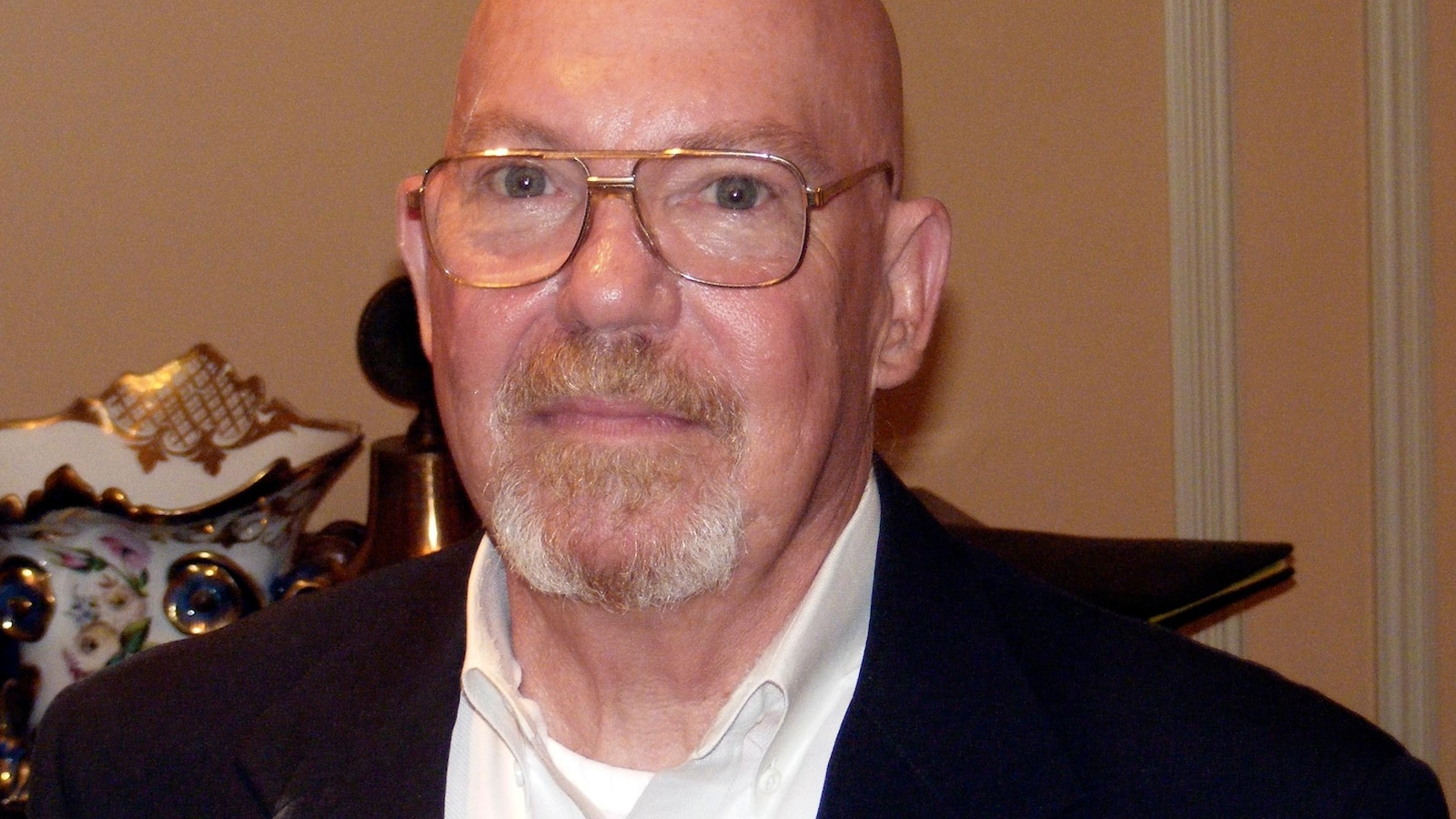William Laws Calley Jr., who as an Army lieutenant led the U.S. soldiers who killed hundreds of Vietnamese civilians in the My Lai massacre, the most notorious war crime in modern American military history, has died. He was 80.
Calley died on April 28, according to his Florida death record, which said he had been living in an apartment in Gainesville. His death was first reported by The Washington Post on Monday, citing his death certificate.
Calley had lived in obscurity in the decades since he was court-martialed and convicted in 1971, the only one of 25 men originally charged to be found guilty in the massacre that helped turn American opinion against the war in Vietnam.
On March 16, 1968, Calley led American soldiers of the Charlie Company on a mission to confront a crack outfit of Vietcong enemies. Instead, over several hours, the soldiers killed 504 unresisting civilians, mostly women, children and elderly men, in My Lai and a neighboring community.



Why is the news so late on this? He died back in April.
It says he lived in obscurity for decades. It then says the Washington Post found his death certificate. Someone must have noticed it for some reason and then reported on it once found.
Why was he the only one found guilty?
Because it’s a miracle anyone was held accountable at all, unfortunately.
We should ask Colin Powell.
Just don’t bring up anthrax. He hates talking about that. O wait. He dead.
We like to say “we’re better than this.” But if we’re still doing it, funding it, sending weapons, cheering it on, excusing it, we aren’t.
I’m understanding something, now; that’s why legendary Jesus said if you did it in your heart, you’ve done it. Rooting it out of action is hard; in thought, harder. In the shadow self (heart), maybe impossible, maybe not. But it’s important to acknowledge it and face it head on, lest it consume us.
I’m beginning to recall something else now, I once read about, called hsin hsin ming. I need to understand that better.
The press hadn’t noticed until yesterday.